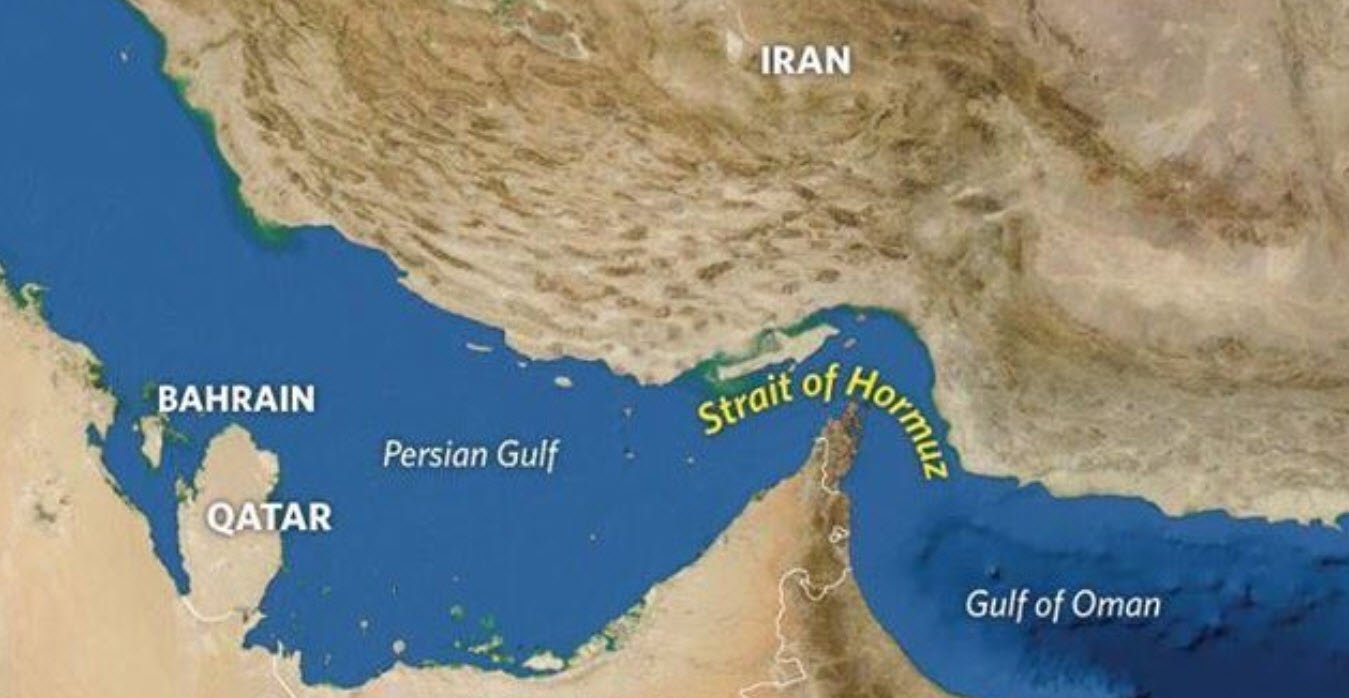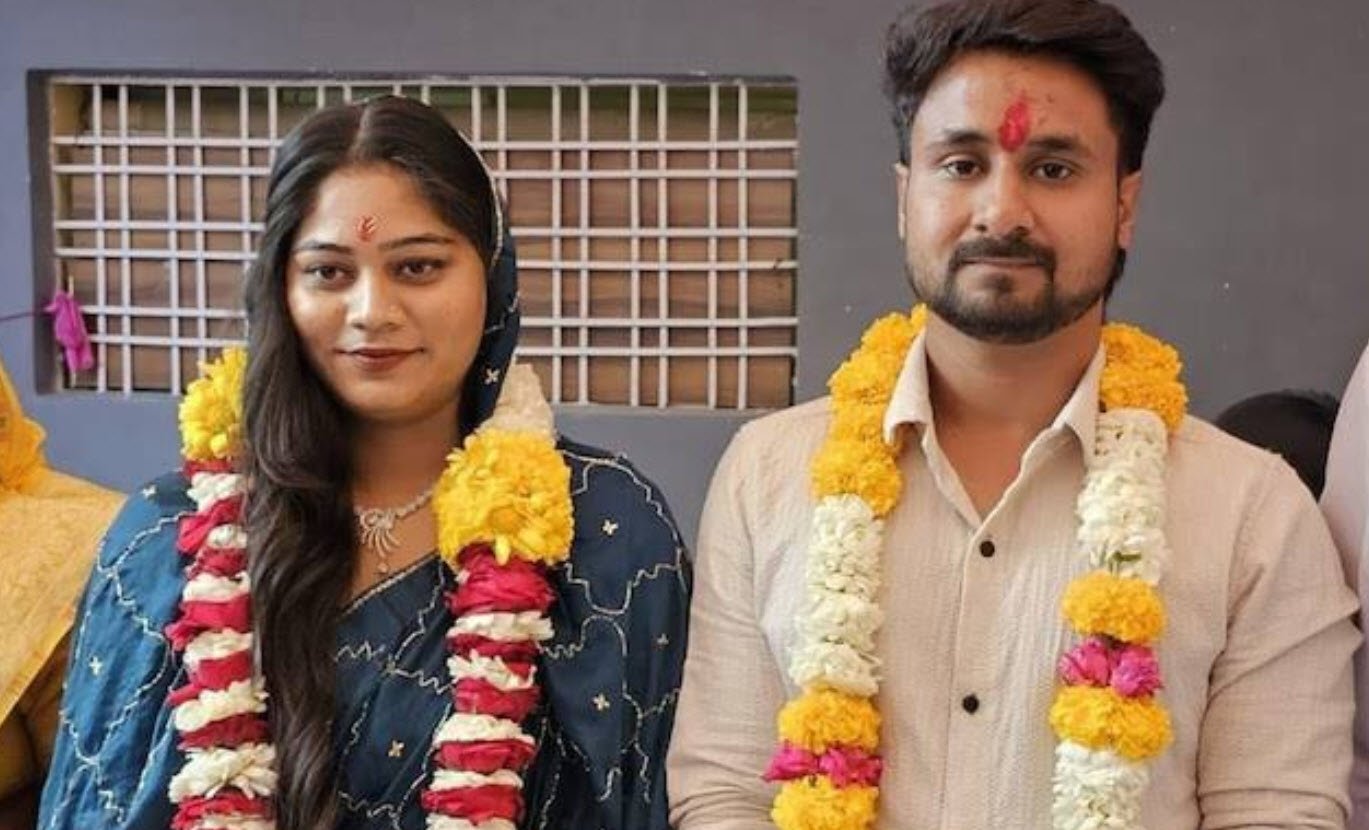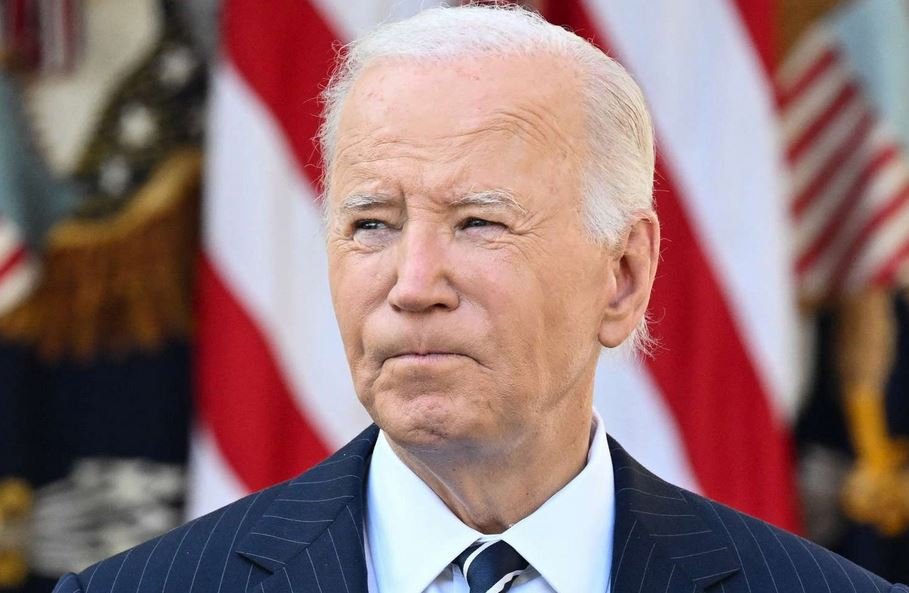
As the world becomes increasingly digital, the potential misuse of artificial intelligence (AI) in the form of AI-generated content and deepfakes has become a significant concern, particularly in the context of elections. This issue has come to the forefront in India, with the Centre taking a firm stand against the potential misuse of AI during the upcoming seven-phase elections starting April 19.
Microsoft has warned India about China’s plan to create and amplify AI-generated content to “benefit its interests” during these elections. In response, the Centre has issued a stern advisory to global digital companies, urging them to rectify their platforms to prevent the misuse of AI during the polls.
This issue is not confined to India alone. Major elections are taking place around the world this year, particularly in India, South Korea, and the US. Clint Watts, General Manager of Microsoft Threat Analysis Center, assesses that “China will, at a minimum, create and amplify AI-generated content to benefit its interests.”
According to Tenable, an exposure management company, misinformation spread through AI-generated deepfakes and fake content poses the biggest threat to the upcoming polls. Satnam Narang, Senior Staff Research Engineer at Tenable, recently told IANS that “the biggest threats to the 2024 Lok Sabha elections are misinformation and disinformation as part of influence operations conducted by malicious actors against the electorate.”
Alarmed at AI’s potential misuse, the Centre last month stated that social media intermediaries “must not permit any bias or discrimination or threaten the integrity of the electoral process.” A new IT Ministry advisory now specifically addresses AI, stating that digital platforms must take full accountability and cannot evade responsibility by claiming that these AI models are in the “under-testing phase.”
The advisory reiterates that “non-compliance to the provisions of the IT Act and/or IT Rules would result in potential penal consequences to the intermediaries or platforms or its users when identified, including but not limited to prosecution under IT Act and several other statutes of the criminal code.”
Prime Minister Narendra Modi, in a conversation with Microsoft Co-founder Bill Gates late last month, also expressed concerns about deepfakes in a democratic country like India. He emphasized the need for clear watermarks on AI-generated content to prevent misinformation and for proper sources of AI-generated content to be mentioned.
The Prime Minister warned that “someone can even misuse my voice to deceive people and such a deepfake can trigger widespread uproar.” He stressed the need to think about creating robust dos and don’ts on deepfakes.
In conclusion, as the world becomes more digital and AI continues to evolve, it is crucial for countries to take a proactive stance against the potential misuse of AI, particularly in the context of elections. India’s firm stand on this issue serves as a model for other countries to follow.










[…] thought-provoking movie explores into the complex relationship between humans and artificial intelligence. When a woman becomes trapped in an AI-controlled house, she must confront her own fears and […]